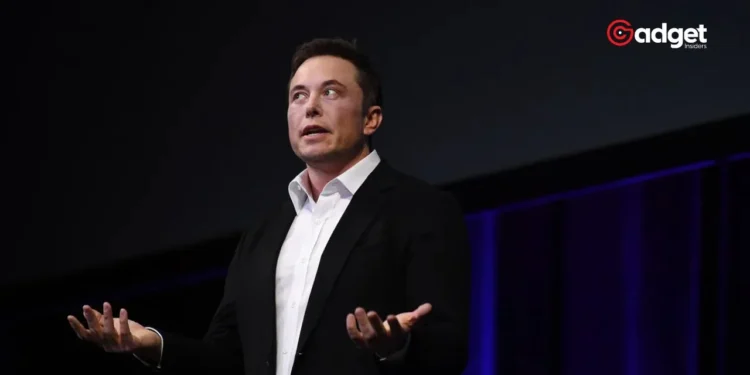As Tesla, Inc. gears up for its annual shareholders’ meeting, a storm brews over CEO Elon Musk’s colossal $46 billion compensation package. Amidst escalating tensions, the electric vehicle behemoth is not shying away from a robust defense against detractors, particularly the influential California Public Employees’ Retirement System (CalPERS). With the stakes sky-high, Tesla is intensifying efforts to persuade its shareholders to back Musk’s lucrative package, which has become a focal point of corporate governance debates.
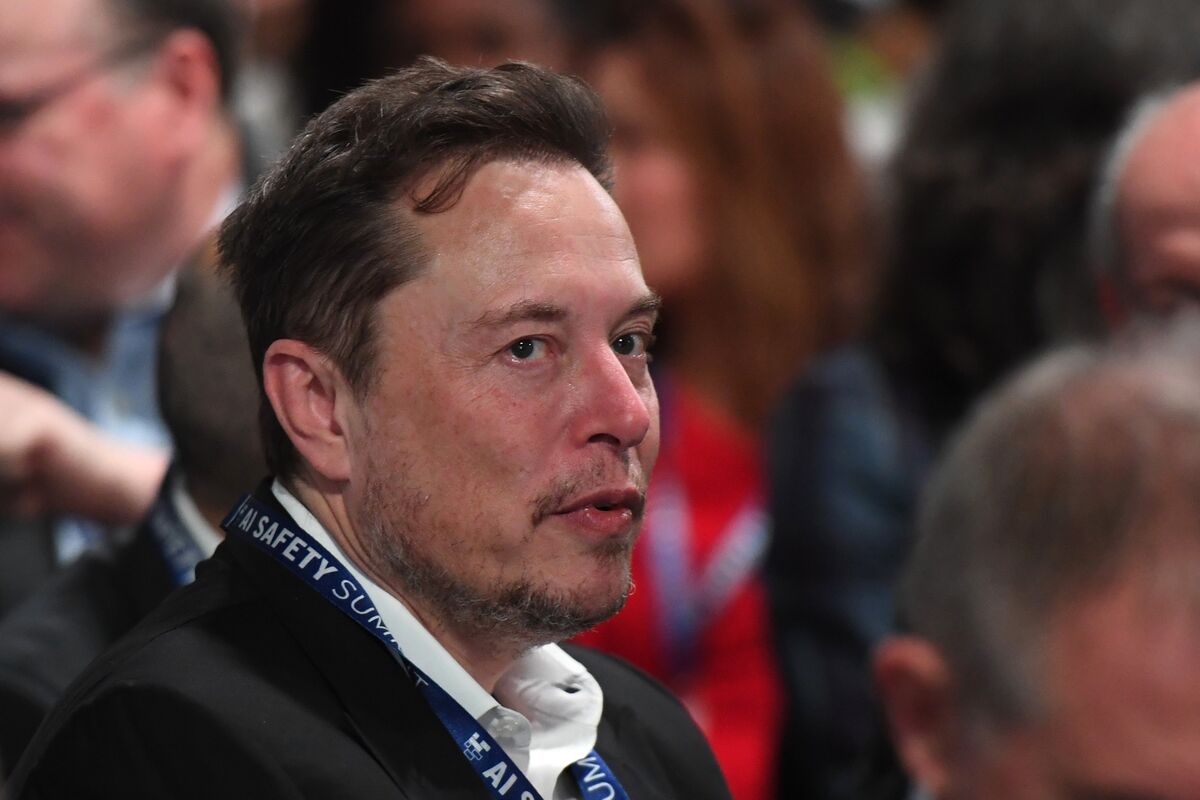
CalPERS Leads Charge Against Musk’s Payday
In the financial world, eyes are glued on CalPERS, a titan with 9.5 million Tesla shares, as it voices stark opposition. CalPERS’ CEO Marie Frost, in a CNBC interview, crisply articulated their stance: “We do not believe that the compensation is commensurate with the performance of the company.” This statement encapsulates the crux of the controversy surrounding Musk’s remuneration, slated for vote among twelve key agenda items at the upcoming meeting.
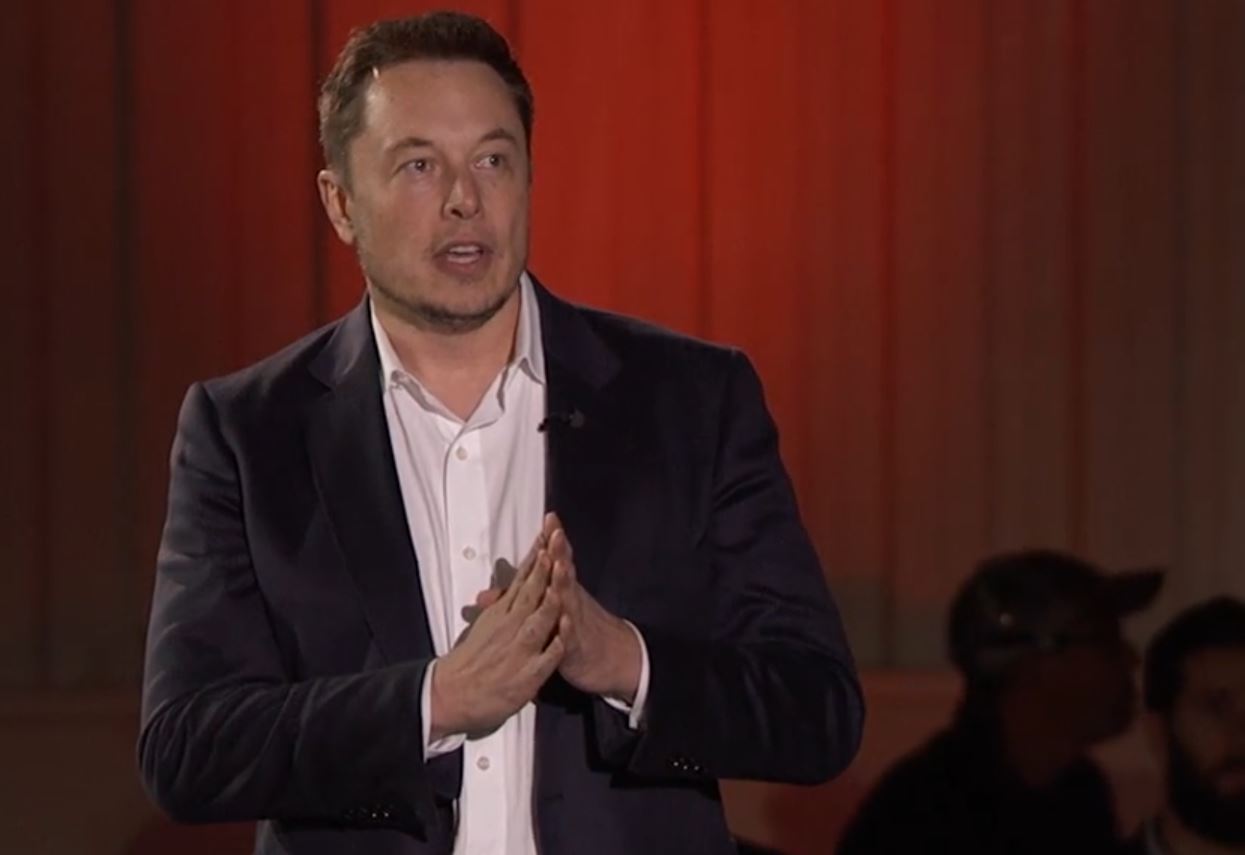
The Legal Labyrinth and Shareholder Sentiments
The origins of Musk’s pay saga trace back to 2018 when Tesla outlined a potentially lucrative compensation framework, conditional upon achieving ambitious company milestones. While a strong shareholder majority initially green-lit this plan, it subsequently fell under judicial scrutiny. A Delaware judge, addressing a shareholder lawsuit, highlighted the approval process as “deeply flawed” and the compensation as an “unfathomable sum,” unfairly tipping the scales against investors.
Diverse Investor Voices and Corporate Maneuvers
The narrative thickens as other significant shareholders, including New York City Comptroller Brad Lander and Tesla’s largest retail investor, Leo Koguan, express their dissent. Meanwhile, advisory giant Glass Lewis has thrown its weight behind the opposition, critiquing the package’s “excessive size.” In stark contrast, Tesla isn’t dialing back; it’s doubling down. The company has embarked on an aggressive campaign, including buying advertisements and creating a website to advocate for the board’s recommendations. Simultaneously, influential Tesla figures like board chair Robyn Denholm are directly engaging with major institutional players, striving to cement support.
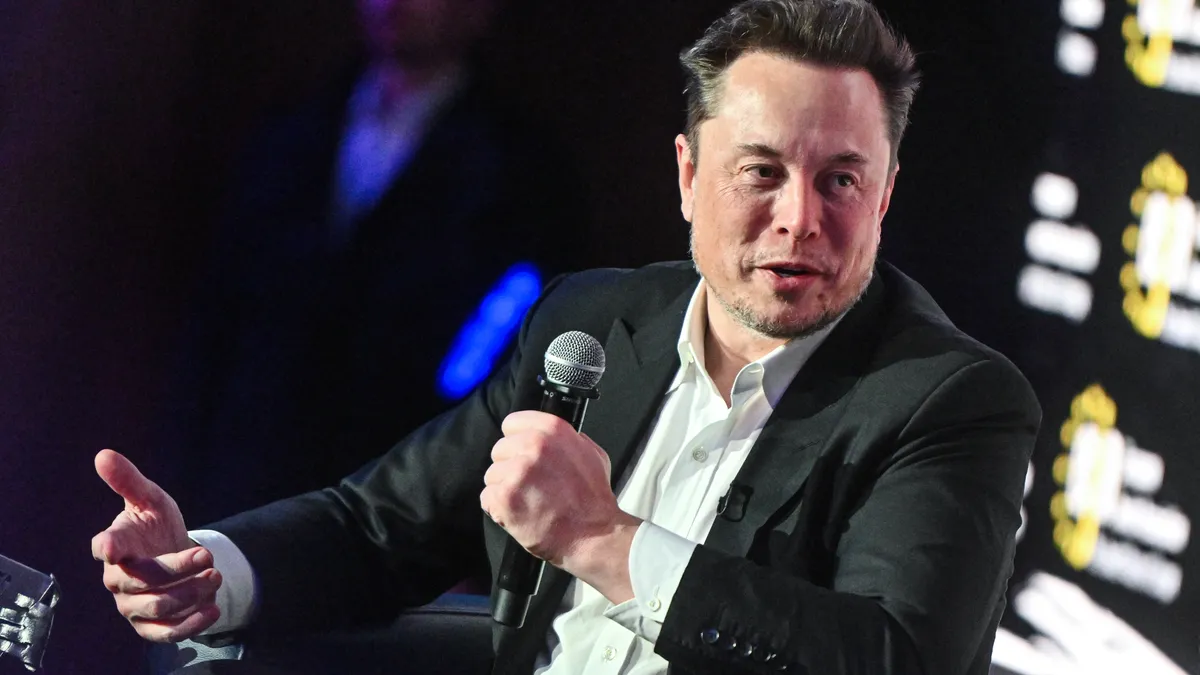
Elon Musk’s Counteroffensive: A Social Media Blitz
Elon Musk, never one to retreat from a challenge, has taken to his platform X (formerly Twitter) in a vehement defense of his position. He lambasted CalPERS for breaking the 2018 agreement, accusing them of prioritizing social agendas over financial prudence. “CalPERS broke the deal. Shame on them, they have no honor,” Musk declared, intensifying the dispute with a personal touch that only he can deliver.
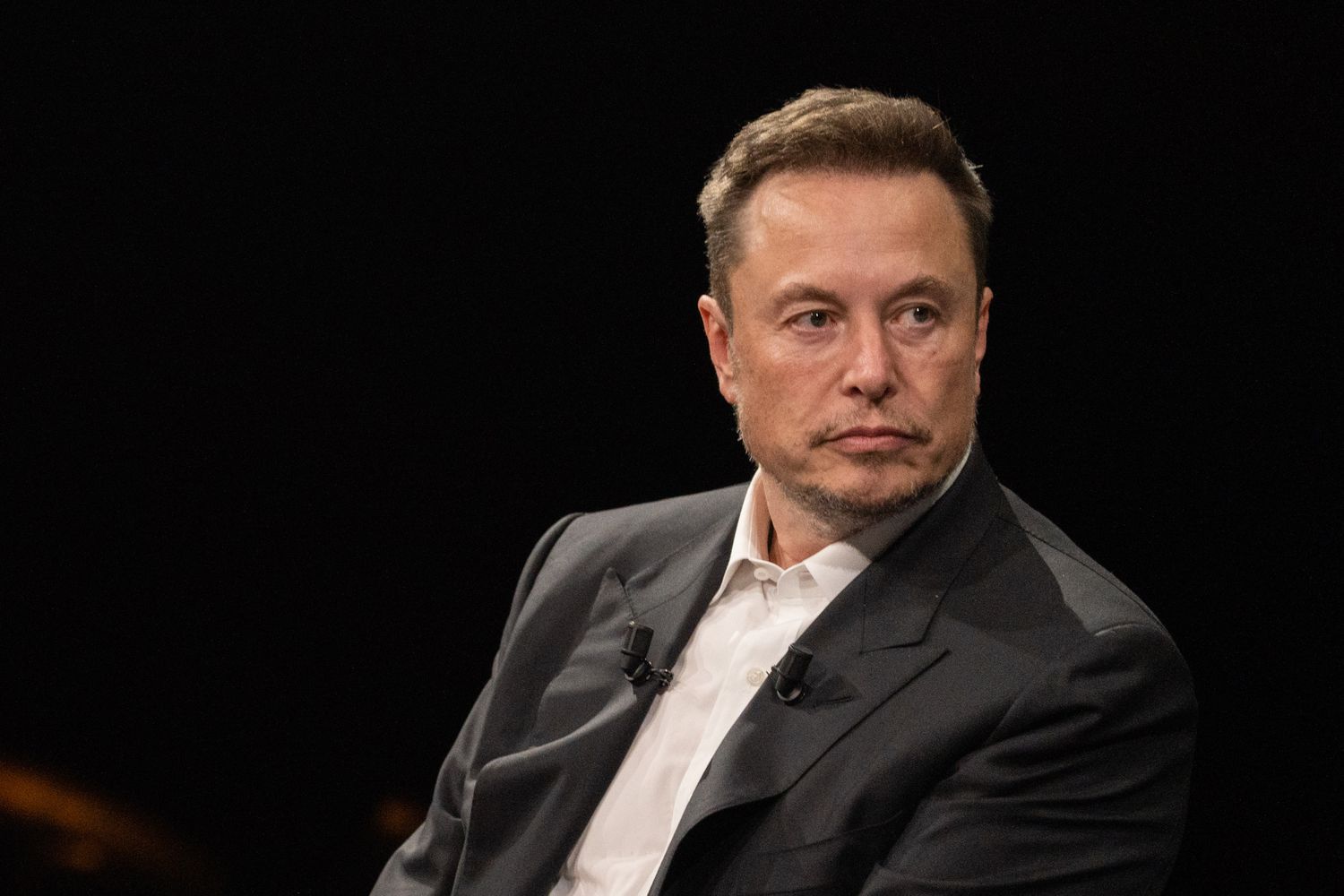
Looking Ahead: A Landmark Decision Looms
As Tesla continues to navigate these turbulent waters, the upcoming shareholders’ meeting is poised to be a watershed moment in corporate governance. Will Musk’s strategic maneuvers and direct appeals resonate enough to sway the shareholder base? Or will the collective voice of dissent echoing from corners of financial and ethical concern prevail? The answers to these questions will not only shape the future of Tesla but also set precedents in the realm of executive compensation.
In this high-stakes battle of wills, power, and ethics, Tesla and Elon Musk are undeniably at a pivotal juncture, one that could redefine the intersection of innovation, leadership, and fiscal responsibility in Silicon Valley and beyond.

